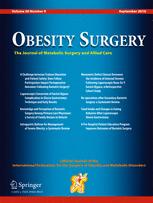
It has been a tough couple of years for surgeon Paolo Macchiarini, once lauded for pioneering a groundbreaking procedure to transplant tracheas.
After a series of documentaries prompted his former employer, Karolinska Institutet (KI), to reopen a misconduct investigation against him, KI has today released one verdict regarding a 2014 Nature Communications paper: guilty.
KI said it is contacting the journal to request a retraction of the paper, which has already been flagged with an expression of concern.
Here’s more from a release from the institution: Continue reading Karolinska requests retraction of 2014 Macchiarini paper


 Nature Communications has issued an expression of concern for a 2014 paper by beleaguered surgeon
Nature Communications has issued an expression of concern for a 2014 paper by beleaguered surgeon 
 With retraction notices
With retraction notices  A plastic surgery journal has retracted a paper after a researcher claimed it contained three figures without his permission.
A plastic surgery journal has retracted a paper after a researcher claimed it contained three figures without his permission.
 As
As  JAMA has announced it does not intend to retract a 2005 review article about fetal pain, despite requests from anti-abortion activists who claim it has been misused in debates about the procedure.
JAMA has announced it does not intend to retract a 2005 review article about fetal pain, despite requests from anti-abortion activists who claim it has been misused in debates about the procedure.